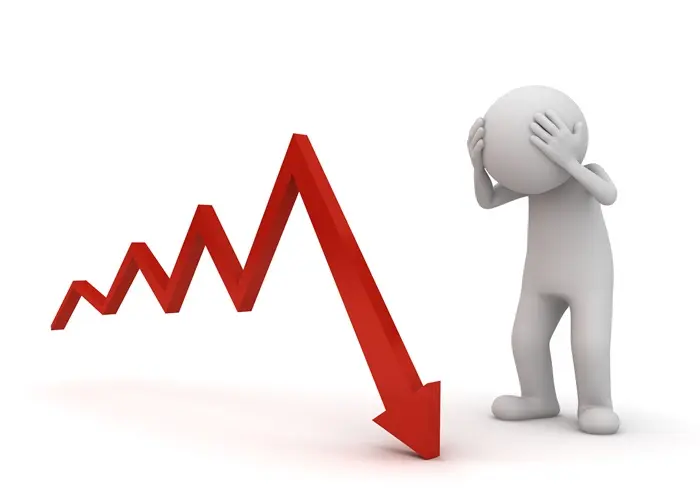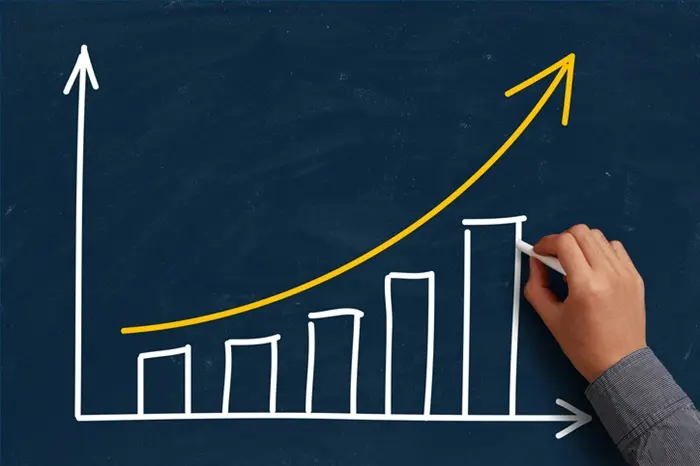When considering the protection of your home and its infrastructure, having the right insurance coverage is crucial. While most homeowners are familiar with policies that cover damage to their property caused by fire, weather, or theft, many may overlook the importance of having sewer line insurance. Your home’s sewer line, while not a daily concern, plays a critical role in maintaining the smooth operation of your household. It is responsible for carrying all the wastewater from your sinks, toilets, and showers away from your home and into the municipal sewer system. However, sewer lines are susceptible to various issues that can result in damage and costly repairs. Understanding what sewer line insurance covers and why it is essential is crucial to safeguarding your home and finances.
What is Sewer Line Insurance?
Sewer line insurance, also known as sewer backup coverage or sewer line endorsement, is a type of insurance that provides financial protection in the event of damage or issues related to your home’s sewer line. It is usually an add-on to your existing homeowner’s insurance policy. This coverage is specifically designed to address the unique risks associated with your home’s sewage system, ensuring you are not left to bear the costs of extensive repairs on your own.
Coverage for Sewer Line Damages
Sewer line insurance is tailored to cover a wide range of damages that can occur to your home’s sewer system. These include, but are not limited to:
Backups and Clogs: Tree root intrusion, debris, and grease buildup can cause blockages in your sewer line, leading to backups and overflows. These backups can result in significant water damage to your property, including flooded basements and sewage backups.
Leaks: Aging pipes, corrosion, or cracks in the sewer line can cause leaks. These leaks can not only damage your property but also contaminate your soil and groundwater, leading to further environmental and health hazards.
Collapses: Soil settlement, heavy loads, or ground movement can cause the sewer line to collapse. This can result in extensive damage to your property and require costly repairs.
Breaks and Cracks: Similar to collapses, breaks and cracks in the sewer line can occur due to aging, ground movement, or external forces such as excavation or construction work nearby.
Water Damage: Any of the above issues can lead to water damage within your home, including soaked floors, walls, and personal belongings.
Repairs and Replacements
When your sewer line is damaged, the repair costs can be substantial. Sewer line insurance typically covers the costs associated with repairing or replacing the damaged section of the sewer line. This includes:
Excavation: Repairing a damaged sewer line often requires excavation to access the damaged area. The insurance policy will cover the cost of digging up the affected area and restoring it afterward.
Pipe Repair or Replacement: Depending on the extent of the damage, the insurance will cover the cost of repairing the damaged pipe or replacing it with a new one.
Restoration of Property: The policy will also cover the cost of restoring any damaged areas of your property, such as floors, walls, and personal belongings. This includes cleaning up sewage and restoring the affected areas to their pre-damage condition.
Additional Services Covered
Beyond the direct costs of repairs and replacements, some sewer line insurance policies may also cover additional services, such as:
Professional Plumbing Services: Many policies will cover the cost of hiring a professional plumber to diagnose and repair the issue. This can be particularly useful when dealing with complex or difficult-to-access problems.
Sewage Cleanup: Sewage backups can be hazardous to your health and require professional cleanup. The insurance policy will cover the cost of hiring a sewage cleanup specialist to mitigate the damage and ensure your home is safe to inhabit.
Temporary Living Expenses: If the damage to your home requires you to temporarily relocate, some policies may cover the cost of alternative living arrangements, such as staying in a hotel or renting a temporary home.
Limitations and Exclusions
While sewer line insurance provides comprehensive coverage for many types of damages, it does have some limitations and exclusions. It is important to understand these limitations to avoid any misunderstandings or disappointments in the event of a claim.
Routine Maintenance: The policy will not cover the cost of routine maintenance or repairs that are required due to normal wear and tear. This includes regular inspections, cleaning, and maintenance of the sewer line.
Pre-Existing Conditions: If the damage is caused by a pre-existing condition that was known to the homeowner before purchasing the insurance, it may not be covered.
Neglect or Deliberate Damage: The policy will not cover damages caused by neglect or deliberate actions. For example, if the homeowner knowingly allows debris to enter the sewer line or fails to maintain the system properly, the claim may be denied.
Cosmetic Damages: The policy may not cover cosmetic damages, such as stains or discoloration on walls or floors that do not affect the functionality of the property.
Flood Insurance: It is important to note that sewer line insurance does not typically cover damages caused by flooding from natural disasters such as hurricanes or floods. Separate flood insurance is required to cover these risks.
Choosing the Right Sewer Line Insurance Plan
When choosing a sewer line insurance plan, there are several factors to consider to ensure you get the right coverage for your needs.
Coverage Limits: Determine the coverage limits that are appropriate for your home and its infrastructure. Consider the potential cost of repairs and replacements, as well as any additional services you may need in the event of a claim.
Policy Details: Read the policy carefully to understand what is covered and what is not. Pay attention to any exclusions or limitations that may apply to your specific situation.
Price and Value: Compare the cost of the insurance policy with the potential benefits it provides. Consider whether the coverage is worth the premium you will pay.
Reputation of the Insurance Company: Choose an insurance company with a good reputation and a history of paying claims promptly and fairly. Look for companies with high customer satisfaction ratings and positive reviews.
Customer Service: The quality of customer service provided by the insurance company is also important. In the event of a claim, you will want to work with a company that is responsive, helpful, and easy to communicate with.
Additional Coverage Options: Some insurance companies may offer additional coverage options, such as extended coverage for older homes or homes with known plumbing issues. Consider whether these options are worth including in your policy.
Conclusion
Sewer line insurance is an essential addition to your homeowner’s insurance policy, providing financial protection against the unique risks associated with your home’s sewage system. By understanding what sewer line insurance covers and why it is important, you can make informed decisions about protecting your home and finances. By choosing the right insurance plan and working with a reputable insurance company, you can ensure that you are prepared for any unexpected damages that may occur to your sewer line.
In summary, sewer line insurance covers a wide range of damages related to your home’s sewer system, including backups, leaks, collapses, and breaks. It provides comprehensive coverage for repairs, replacements, and additional services such as professional plumbing and sewage cleanup. However, it is important to understand the limitations and exclusions of the policy to avoid any misunderstandings. When choosing a sewer line insurance plan, consider factors such as coverage limits, policy details, price, reputation of the insurance company, customer service, and additional coverage options. By investing in sewer line insurance, you can safeguard your home and finances against the potential risks associated with your home’s sewage system.
Related topics:


































